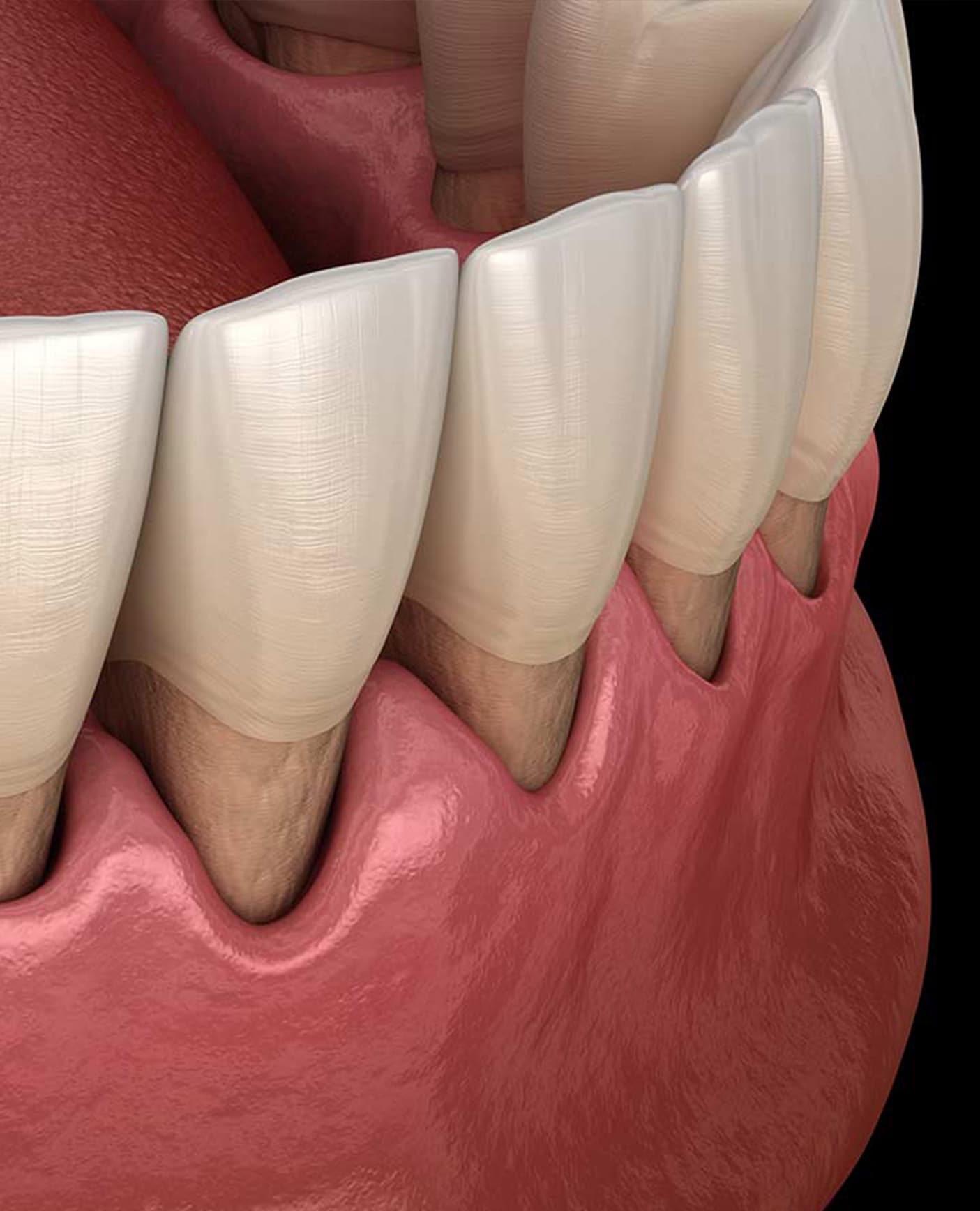 RUBIS South B - Mukenia Rd | RUBIS South C - Muhoho Rd
RUBIS South B - Mukenia Rd | RUBIS South C - Muhoho Rd
 info@southbdental.com | +254 791 893 108
info@southbdental.com | +254 791 893 108  RUBIS South B - Mukenia Rd | RUBIS South C - Muhoho Rd
RUBIS South B - Mukenia Rd | RUBIS South C - Muhoho Rd
 info@southbdental.com | +254 791 893 108
info@southbdental.com | +254 791 893 108 
 Book Appointment
Book Appointment
This starts with a thorough cleaning to remove plaque and tartar from the teeth and gums.
Gum disease treatment typically starts with a thorough cleaning to remove plaque and tartar from the teeth and gums. This may include scaling and root planing to remove bacteria and smooth the root surfaces.
In some cases, medication or antibiotics may be prescribed to help control the infection. For more severe cases, surgery may be necessary to reduce pocket depths and reshape the gum tissue. It's important to maintain good oral hygiene practices and attend regular dental check-ups to prevent gum disease from recurring.
Your dentist will create a personalized treatment plan to address your specific needs and maintain the health of your gums.
1) Gum disease therapy offers several benefits for individuals struggling with periodontal issues. Firstly, it can help to prevent further damage to the gums, teeth, and bone structure in the mouth.
2) Additionally, it can alleviate painful symptoms such as bleeding, swelling, and sensitivity in the gums. Moreover, gum disease therapy can improve overall oral health and hygiene, reducing the risk of tooth loss and other complications.
3) Furthermore, it can enhance the appearance of the smile by addressing issues like receding gums and bad breath. Overall, seeking gum disease therapy can lead to a healthier, more comfortable mouth and a confident smile.